Olive Garden Toscana: A Spicy Journey from Basil to Bold Flavors!
Are you tired of the same old bland Italian food? Looking for that extra kick to spice up your Olive Garden Toscana experience? Well, hold onto your breadsticks because we’re diving into the world of spices and how they can elevate a classic dish into something unforgettable. Whether you're a professional chef or just someone who loves adding hot sauce to everything (no judgment here), this blog is packed with tips, tricks, and spicy insights to transform your next Olive Garden meal.
Table of Contents
- What Is Olive Garden Toscana?
- Why Spice Matters in Italian Cuisine
- Spice Levels Explained: From Mild to Wild
- 5 Spice Hacks to Transform Your Toscana
- Pairing Wine & Spice Like a Pro
- Making Toscana at Home – Spicy Style!
- Fun Facts About Spices in Italy
What Is Olive Garden Toscana?
The Olive Garden Toscana is more than just a fancy-sounding pasta dish — it’s a celebration of Tuscan flavors! Picture tender grilled chicken swimming in a rich Alfredo sauce, mixed with sun-dried tomatoes, spinach, and garlic mashed potatoes. It’s creamy, savory, and full of hearty Italian charm. But let’s be honest… sometimes it needs a little more zing.
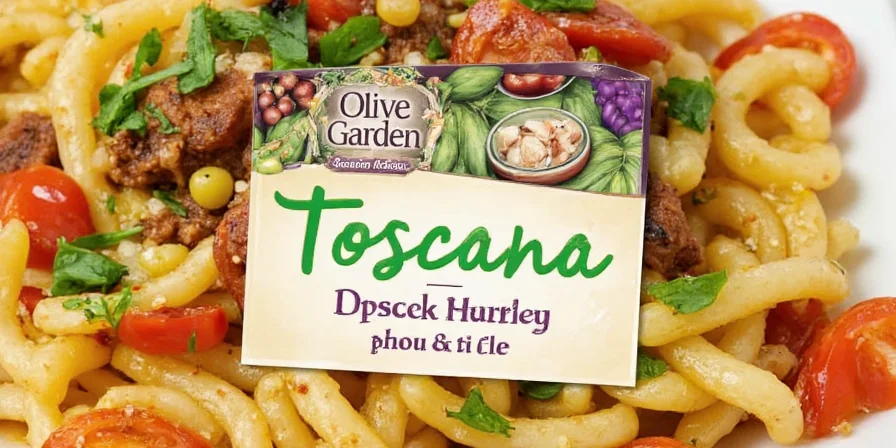
Why Spice Matters in Italian Cuisine
When you think of Italian food, spice might not be the first thing that comes to mind — but don’t be fooled! Italians may use subtlety as their secret weapon, but heat has always had a seat at the table. In fact, some of Italy’s most iconic dishes wouldn’t be the same without a pinch (or a handful) of the right spices.
| Classic Ingredient | Heat Level (Scoville) | Common Use |
|---|---|---|
| Peperoncino | 30,000–50,000 | Pasta dishes, soups, olive oil infusions |
| Black Pepper | Negligible | Sauces, meats, pastries |
| Red Pepper Flakes | 25,000–30,000 | Pizza, pasta sauces, marinades |
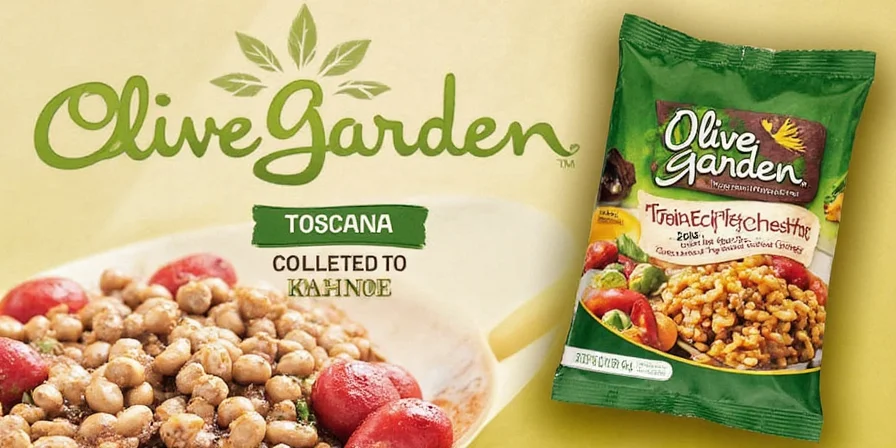
Spice Levels Explained: From Mild to Wild
Let’s break down what makes a spice “hot” and how you can control the burn:
- Mild Magic: Black pepper, paprika, or even white pepper can add depth without turning your mouth into a war zone.
- Medium Kick: Crushed red pepper flakes, peperoncino oil, or Aleppo pepper are perfect if you want to feel the fire but still enjoy your meal.
- Wildfire Warning: Ghost peppers, habanero powders, or straight-up chili oils should only be used by those ready to sweat through dinner.
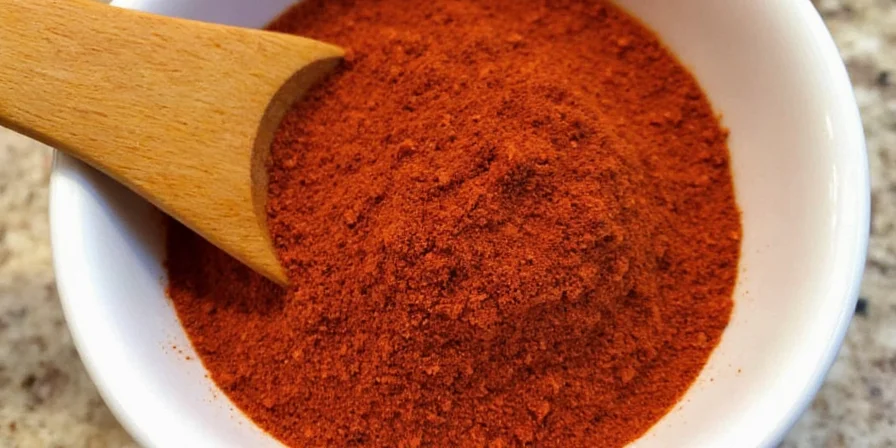
5 Spice Hacks to Transform Your Toscana
If you’re ordering at Olive Garden or recreating the Toscana at home, here are five easy ways to turn it into a flavor explosion:
- Add a Dash of Dried Chili Flakes: Sprinkle on top before eating or mix into the Alfredo sauce for a slow build of heat.
- Pepper Power-Up: Grate fresh black pepper directly over the chicken for a subtle bite that balances the creaminess.
- Cheesy Heat Bomb: Mix grated Parmesan with a pinch of cayenne or chipotle powder for a smoky, fiery cheese blend.
- Garlic Oil Infusion: Sauté minced garlic with dried chilies and swirl a bit into your mashed potatoes. Boom — spiced-up starches!
- Finishing Drizzle: Make a quick chili oil by heating olive oil with crushed red pepper and drizzle it on top like you’re Jackson Pollock with capsaicin.
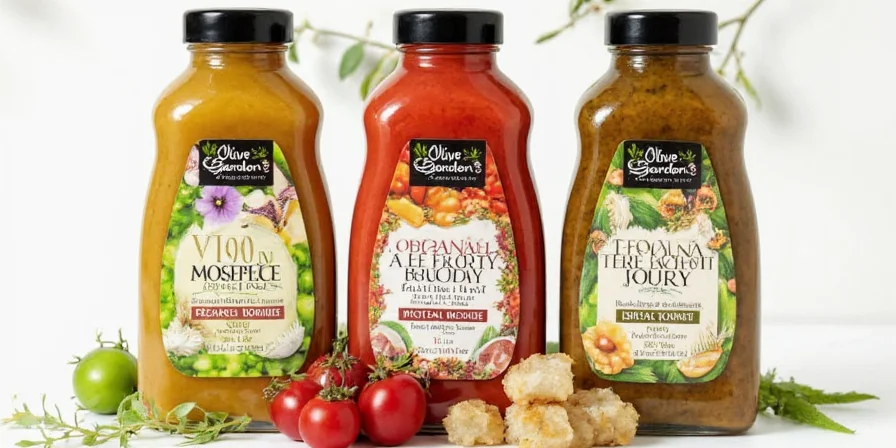
Pairing Wine & Spice Like a Pro
Don’t forget the drink! Pairing wine with spicy food can either save your tongue or send it to the ER. Here’s a guide to keep things cool and classy:
- Lightly Spiced Toscana: Try a dry Riesling or Pinot Grigio — crisp and refreshing.
- Moderately Spiced Toscana: Reach for a Rosé or a light Merlot — fruity and slightly sweet to balance the heat.
- Super Spicy Toscana: Go for off-dry wines like Moscato d’Asti or a chilled Beaujolais Nouveau — they’ll help soothe the burn.
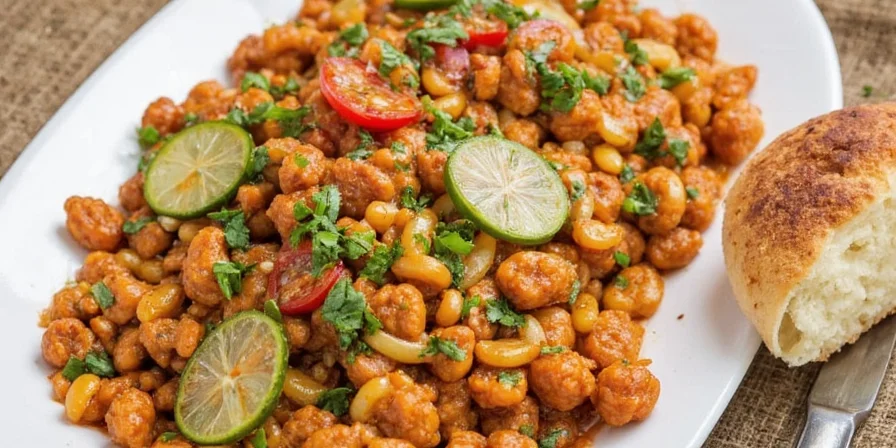
Making Toscana at Home – Spicy Style!
Ready to bring the Toscana magic into your kitchen — with a fiery twist? Here’s a simplified version of the recipe, plus some pro spicy upgrades:
Basic Toscana Recipe:
- Grilled Chicken Breast
- Alfredo Sauce
- Sun-Dried Tomatoes
- Fresh Spinach
- Garlic Mashed Potatoes
Spicy Upgrade Ideas:
- Add finely chopped roasted jalapeños to the Alfredo sauce.
- Use sautéed shallots instead of regular onions for a sharper edge.
- Mix a pinch of smoked paprika into the mashed potatoes.
- Top with crispy prosciutto crumbles and a drizzle of sriracha aioli.
Fun Facts About Spices in Italy
Before we wrap up, here are some quirky tidbits about spice culture in Italy that might surprise you:
- Calabria is known as “Italy’s chili belt,” where nearly every home has its own homemade chili oil.
- Italians often use whole chilies instead of flakes — they say it adds a cleaner heat.
- In some parts of Sicily, chocolate and chili are a common pairing — yes, even in desserts!
- Legend has it that ancient Romans used black pepper as currency. Talk about being worth your weight in spice!
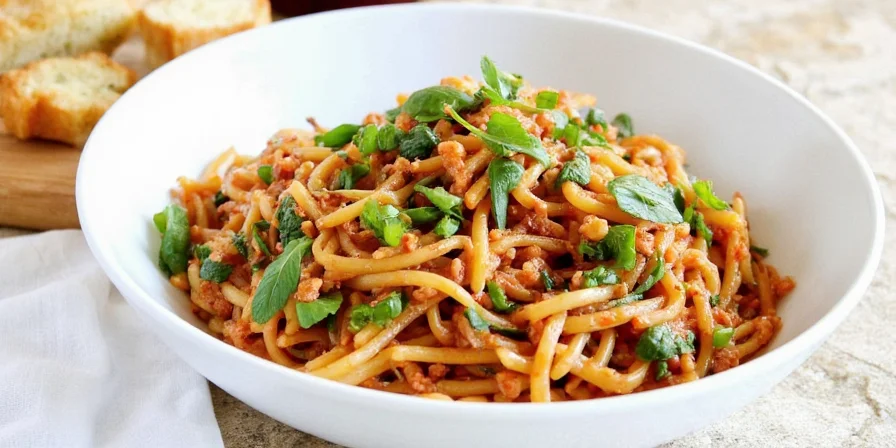
Conclusion
So there you have it — your ultimate spicy guide to upgrading Olive Garden’s Toscana. Whether you’re a spice rookie or a fire-breathing culinary daredevil, there’s no reason to settle for boring flavors when a dash of heat can change everything.
Remember, spices are like love — too much can overwhelm, but the right amount makes everything better. Now go out there, grab a fork, and make your next Toscana an adventure in taste, texture, and temperature. Buon appetito — and stay spicy!

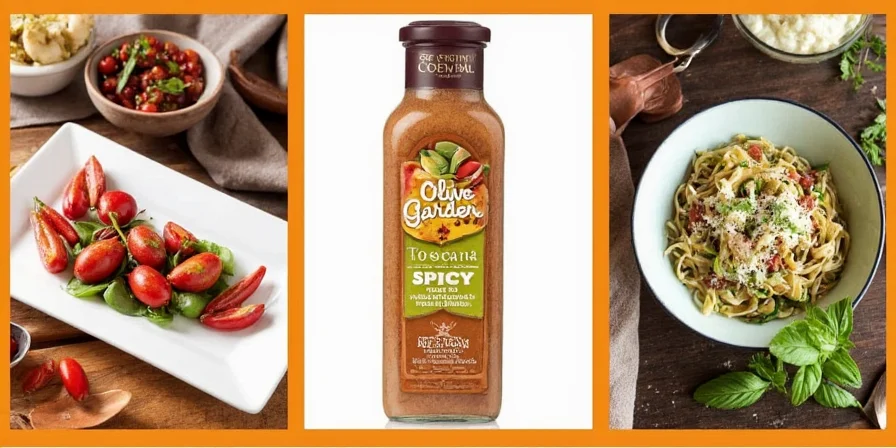









 浙公网安备
33010002000092号
浙公网安备
33010002000092号 浙B2-20120091-4
浙B2-20120091-4